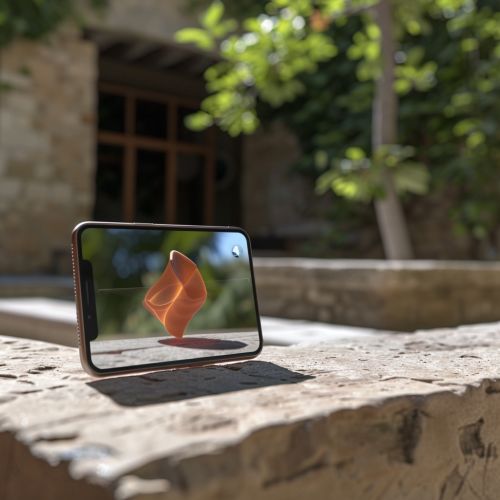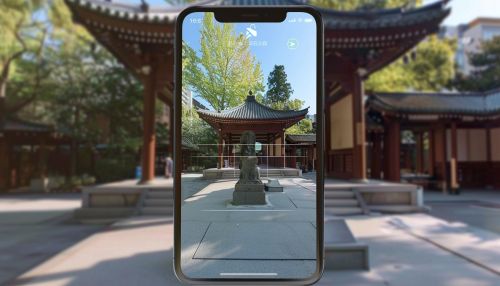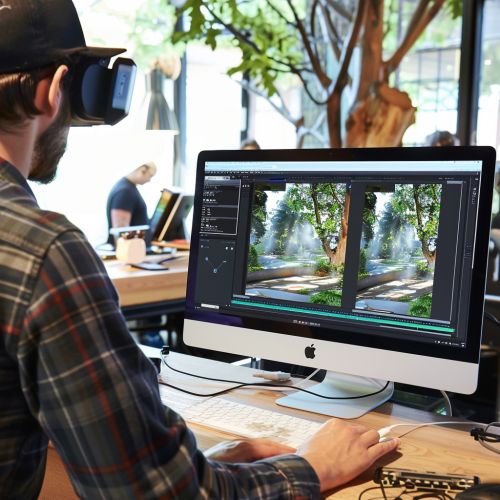ARKit
Introduction
ARKit is an augmented reality (AR) development kit provided by Apple. It allows developers to create augmented reality apps for Apple's iOS devices. ARKit uses Visual Inertial Odometry (VIO) to accurately track the world around it. VIO fuses camera sensor data with Core Motion data, allowing the device to sense how it moves within a room with a high degree of accuracy, without any additional calibration.


History
ARKit was introduced at the Worldwide Developers Conference (WWDC) in June 2017. It was released to the public in September 2017 as part of iOS 11. Since its release, ARKit has been updated several times, with each new version adding additional features and capabilities.
Features
ARKit provides a range of features that make it easier for developers to create augmented reality applications. These include:
- Visual Inertial Odometry (VIO): This allows ARKit to track the world around it with a high degree of accuracy, without any additional calibration.
- Plane Detection: ARKit can detect horizontal planes, such as tables and floors, and can also detect vertical planes, such as walls.
- Light Estimation: ARKit can estimate the total amount of light available in a scene and apply the correct amount of lighting to virtual objects.
- Integration with other Apple frameworks: ARKit can be integrated with other Apple frameworks, such as SceneKit, SpriteKit, and Metal, to create more complex AR experiences.
Development
Developing with ARKit requires a Mac computer running the latest version of Xcode and an iOS device that supports ARKit. ARKit is supported on all iOS devices with an A9, A10, A11, or later processors. This includes the iPhone 6s and later, the iPhone SE, and certain models of the iPad Pro.
ARKit uses Swift and Objective-C for development. Developers can also use Unity and Unreal Engine to create ARKit applications.


Applications
ARKit has been used to create a wide range of augmented reality applications. These include games, educational apps, and apps for retail, real estate, and more. Some notable applications that use ARKit include IKEA Place, Pokémon GO, and Measure.
Future of ARKit
Apple continues to invest heavily in ARKit, with each new version adding additional features and capabilities. The future of ARKit is likely to include more advanced AR features, such as object recognition and tracking, as well as improved performance and accuracy.
